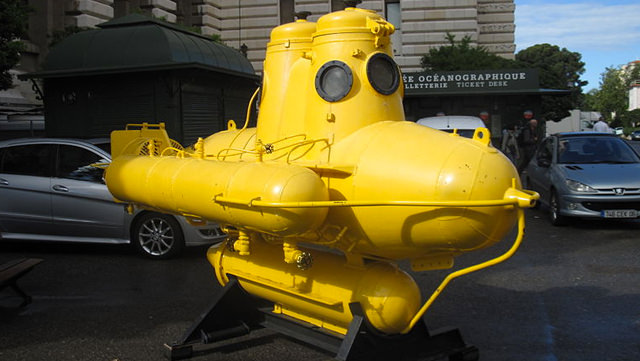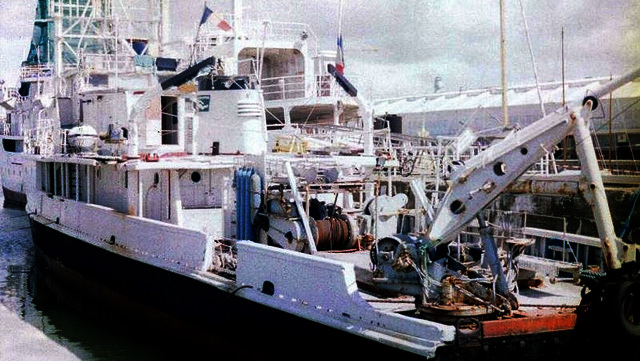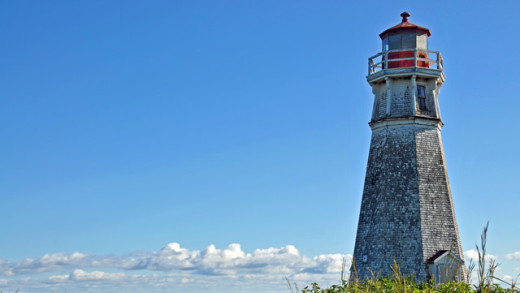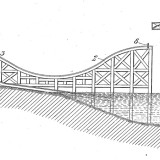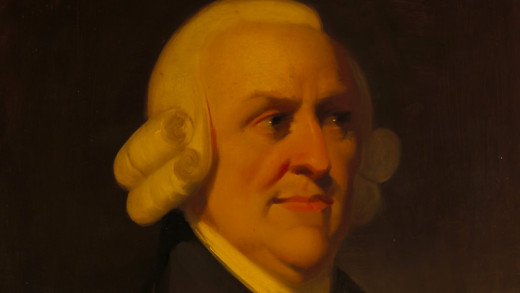5 things you won’t believe Jacques Cousteau put into the ocean
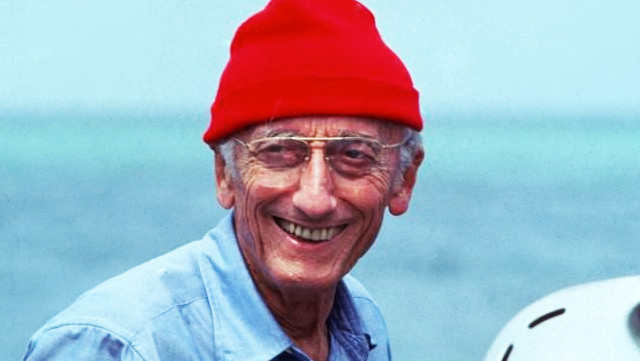
Cousteau Society
Jacques Cousteau has a deserved reputation as an environmental champion and sea explorer. But he was also a tinkerer, experimenter, and inventor who took big risks. Brad Matsen’s fantastic biography, Jacques Cousteau: The Sea King, shows that everything didn’t always go according to plan.
Jacques Cousteau left some surprising things in the ocean he loved. Sometimes it was his fault, sometimes it was necessary, and sometimes it was to make a quick buck. But when you spend that much time in the water, a few things stay there.
1. Red mud waste from an aluminum plant
Before the Calypso appeared on screens around the world, Cousteau had to fund his adventures any way he could. In addition to helping BP explore the deep sea for new oil sources, he helped an aluminum plant dispose of red mud. Red mud, a byproduct of the Bayer process that lets companies make aluminum, is difficult to get rid of. So Cousteau scored a contract: his divers would lay pipe to send the red mud deep into the ocean.
Was it environmentally unsound? That’s probably up for debate. If unregulated, red mud can be dangerous and kill marine life. The scientists who hired Cousteau believed the mud would settle better in deep water, making that disposal preferable to a more shallow dump. Today, plants continue to use sea disposal, though they also use contained lakes and some dry recycling to get rid of the byproduct.
2. A piece of propeller and a sperm whale
The sperm whale was already in the ocean, but he was alive before encountering the Calypso. When shooting The Silent World, the Calypso ran alongside a pod of sperm whales. An infant came too close to the ship and glanced off a propeller.
The crew knew sharks would smell blood and start a feeding frenzy. Crew member Frederic Dumas mercy-killed the whale with a rifle and then crew members quickly rigged the shark cage for filming. The whale was devoured almost instantly.
Cousteau’s crew got their revenge, however. They actually baited hooks, caught the sharks, and hacked them to pieces on deck. If you needed a reminder that Cousteau was a filmmaker, not a marine biologist, this is it.
3. Battery acid
Cousteau was a trailblazing inventor, and that meant the occasional mistake. That includes the time a battery fire broke out underwater.
During a test of La Soucoupe, a fire broke out because of nickel-cadmium batteries that gave off too much heat. They caused the boxes surrounding them to catch fire. To extinguish the fire, Cousteau was forced to drop the saucer back into the sea with the battery cases open.
4. Poisonous tetramethyl
Most of Cousteau’s hazardous deposits were accidents in service of environmental goals. That was the case with highly poisonous tetramethyl that leaked into the ocean. He was trying to find and destroy it.
Chronicled in his Time Bomb at Fifty Fathoms, the sinking of a Yugoslavian freighter took nine 55-gallon drums of TML with it. The wreck caused the drums to burst and release TML into the ocean, killing marine life as quickly as an oil slick.
Years later, Cousteau was hired to try to get the barrels out. Many of the barrels were safely extracted, but one drum leaked when a diver disturbed it. Cousteau’s team had to burn all of their biohazard suits and the diver was treated for a mild case of poisoning. Eventually, however, they managed to get the hazardous waste out of the water and onto land.
5. His ship
In January 1996, the most famous ship in the world actually sank.
The Calypso hadn’t been actively used for a while, spending a year in Ho Chi Minh city before stopping in Singapore. The ship was supposed to travel back to France for restoration and possibly to become a museum. Then a barge hit it.
Calypso quickly sank under 16 feet of water. Only the funnel, masts, and crow’s nest were above the surface. A year later, a salvage crew lifted the ship and safely took it back to France. But the timing of the ship’s delivery was coincidental and oddly poetic—just a few days later, Jacques Cousteau died on June 25, 1997.


